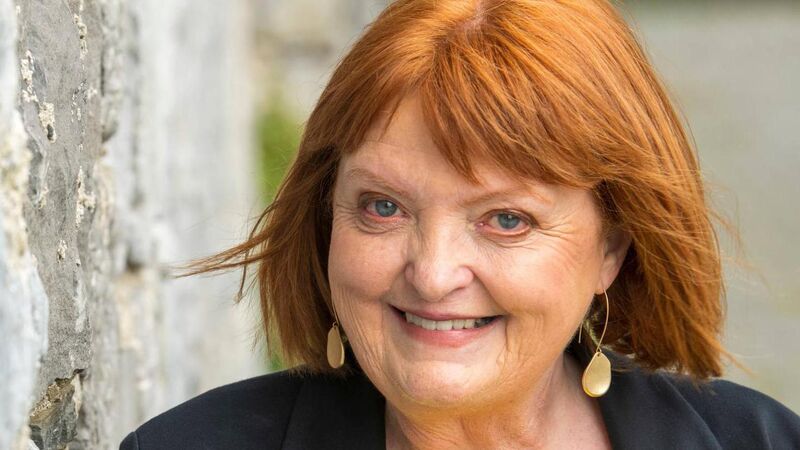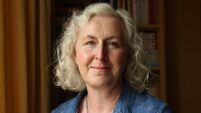The Children’s Booker Prize will be a boon to young readers everywhere

Ireland’s Laureate Na nÓg Patricia Forde said the launch of the Children’s Booker Prize is ‘hugely exciting news’.
The Booker Prize is widely regarded as one of the most important literary prizes in the world. It is prestigious, yes, but uniquely, it is also influential in driving book sales.
BOOKS & MORE
Check out our Books Hub where you will find the latest news, reviews, features, opinions and analysis on all things books from the Irish Examiner's team of specialist writers, columnists and contributors.







